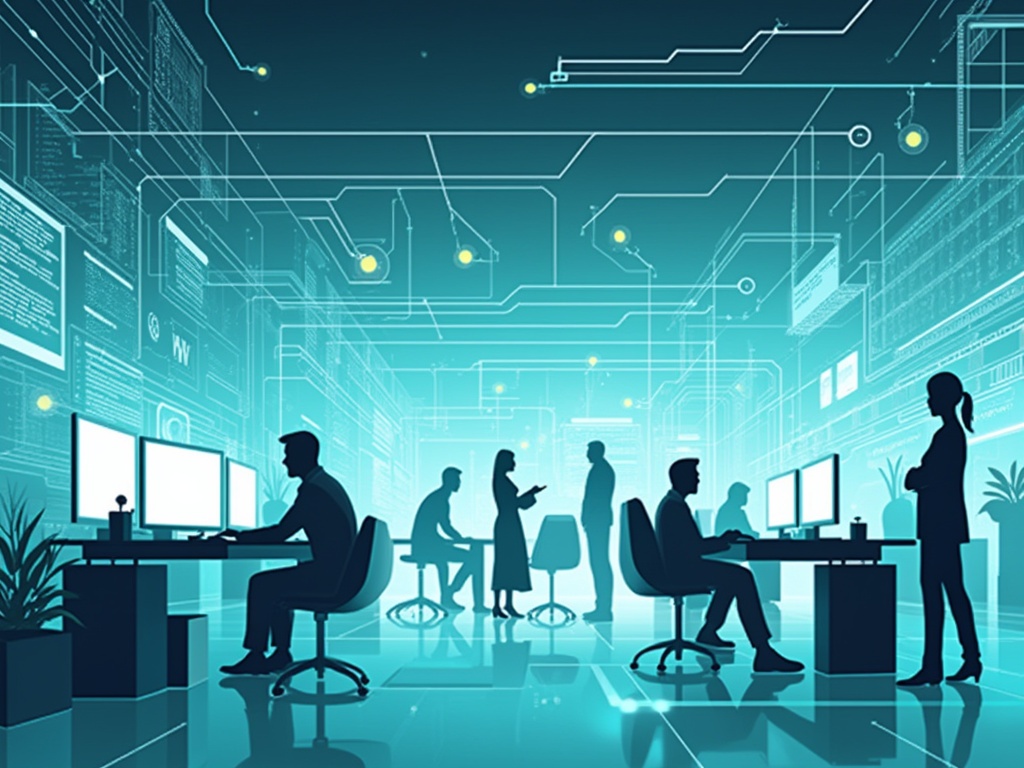AI Reshaping Cybersecurity Workforce: Skills Evolution in the Age of Automation

AI Reshaping Cybersecurity Workforce: Evolution, Not Extinction
The artificial intelligence revolution is fundamentally transforming the cybersecurity industry, with Gartner predicting that by 2028, AI will handle more than 50% of SOC Level 1 analyst responsibilities. The integration of AI-powered solutions in modern cybersecurity practices marks a critical turning point in how security professionals adapt to and work alongside AI technologies.
AI's Impact on Security Operations
AI has become an essential ally in cybersecurity, particularly in threat detection, automated incident response, log analysis, and user behavior analytics. While this automation raises concerns about job displacement, industry experts emphasize that roles are evolving rather than disappearing.
"AI isn't replacing cybersecurity talent. It's redefining it. Our future advantage lies in how well we integrate human judgment with machine speed," explains Sanjay Sharma, CISO at Zafin.
Security professionals are increasingly shifting toward strategic investigation, adversary simulation, and AI system governance. Organizations must consider potential risks and challenges when implementing AI in business operations, particularly in security contexts.
The Evolution of Workforce Skills
The cybersecurity industry faces a significant transformation in required skill sets. Helen Oakley, Director of Secure Software Supply Chains at SAP, emphasizes that professionals must now understand both traditional security threats and AI-driven technologies.
"AI isn't here to replace us. It's here to offload the repetitive, so we can focus on what matters most," Oakley states. She highlights the growing importance of understanding AI system behavior, data lineage, and model governance.
The successful integration of AI in cybersecurity depends heavily on preparing workforce for digital transformation through upskilling. Key areas of focus for security professionals now include:
- AI governance and model validation
- Strategic investigation skills
- Cross-team communication
- Ethical reasoning and judgment
- AI system security
Industry-Wide Implications and Future Outlook
According to studies from McKinsey and the World Economic Forum, while some industries face significant AI-driven disruption, cybersecurity remains among the roles less likely to be replaced. This resilience stems from the field's requirement for complex decision-making, human context, and trust-based interactions.
Bill Bowman, Operating Partner at Welsh, Carson, Anderson & Stowe, concludes with a practical perspective: "AI may be fast, but it still can't talk down a ransomware gang, fix a misconfigured firewall at 2 a.m., or convince a CFO to fund MFA… again."

